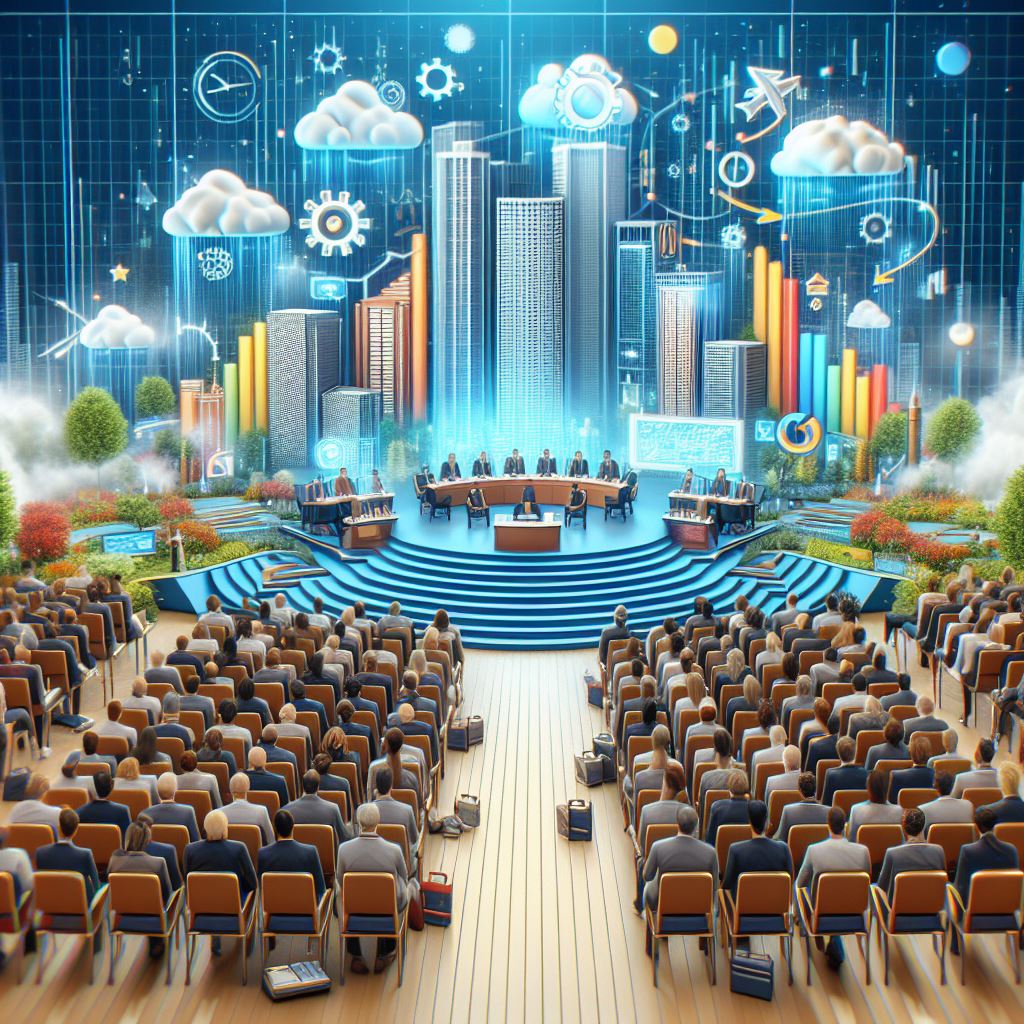The Higher Learning Commission’s (HLC) annual conference was held in Chicago to discuss various challenges higher ED institutions are facing. Experts shared strategies at the conference to help institutions move through a world that is being taken over by automation. The role of higher education is under threat as emerging technologies are threatening it, and administrators and instructors are evaluating the ways about how to integrate AI into curriculum.
Daniel Susskind discusses the impact of AI on higher ED
Daniel Susskind, writer of quite a number of books on the impact of tech on work and an economics professor from King’s College London, says that AI models like that of ChatGPT are here and they will interfere with executive and professional work. According to him, this disruption will impact colleges in many ripple effects, which have always provided a learning field for white collar workers.
He discussed current progress in fields like that of medical diagnostics and also gave examples of agriculture and manufacturing while discussing the impact of automation on different industries, where automation has increased production gains manyfold but created very lesser jobs. He was speaking at a keynote session at the Higher Learning Commission’s annual conference on Monday. Discussing the blue collar works, he said,
“We tend to think of the work that blue collar workers do as being relatively routine, relatively straightforward, relatively process-based, relatively easy.”
While talking about white collar work or executive work, he added,
“Conversely, we think of what white collar workers do as requiring subtler faculties — things like creativity, judgment, empathy.”
Source: Highereddive.
About the latter one he said, we presume that AI yet has to advance to recreate these functionalities that only the human brain is capable of. He pointed out that in architecture, medicine, law, and accounting, AI does not need to have this quality, at least for solving some of the issues.
Susskind pointed out that our ignorance of this very state of things adds up to the AI fallacy, as he calls it. According to him, our misconception of assuming that copying or replicating is the only way how tasks are performed at the human level, and then we try to develop systems using that approach.
AI is encroaching on tasks previously assumed out of its reach
Some of the tasks that were traditionally considered to be performed by individuals trained by higher education only, are now possible to be completed with AI due to its strong computing power for processing and analysis. So now there are many activities that we considered to be beyond the capabilities of these technologies that are now possible to be overtaken by them. According to Susskind, it is the domain of white collar work.
Susskind advises education and training as the only solution to these emerging changes by preparing people for duties that AI models are still not able to perform. Susskind said,
“There are large areas of human activity that lie beyond the reach of even the most capable technologies.”
Susskind highlighted that judgment, empathy, and interpersonal communication are some of the sectors still not taken over by AI, and colleges can train people to build such AI systems that can usurp more activities of humans.
Higher education professionals are counting on AI’s capability for the transition of the sector. Many panels at the conference were dedicated to this very topic, and the opportunities, threats, and promises that AI offers were at the top of the trends list of higher ed.
Grand Canyon College of Education’s dean, Meredith Critchfield, expressed his views that it does not matter how we perceive AI or how our perspective around it changes over time, what will not change will be the foundation of who we are as institutions.
Find the original story here.




